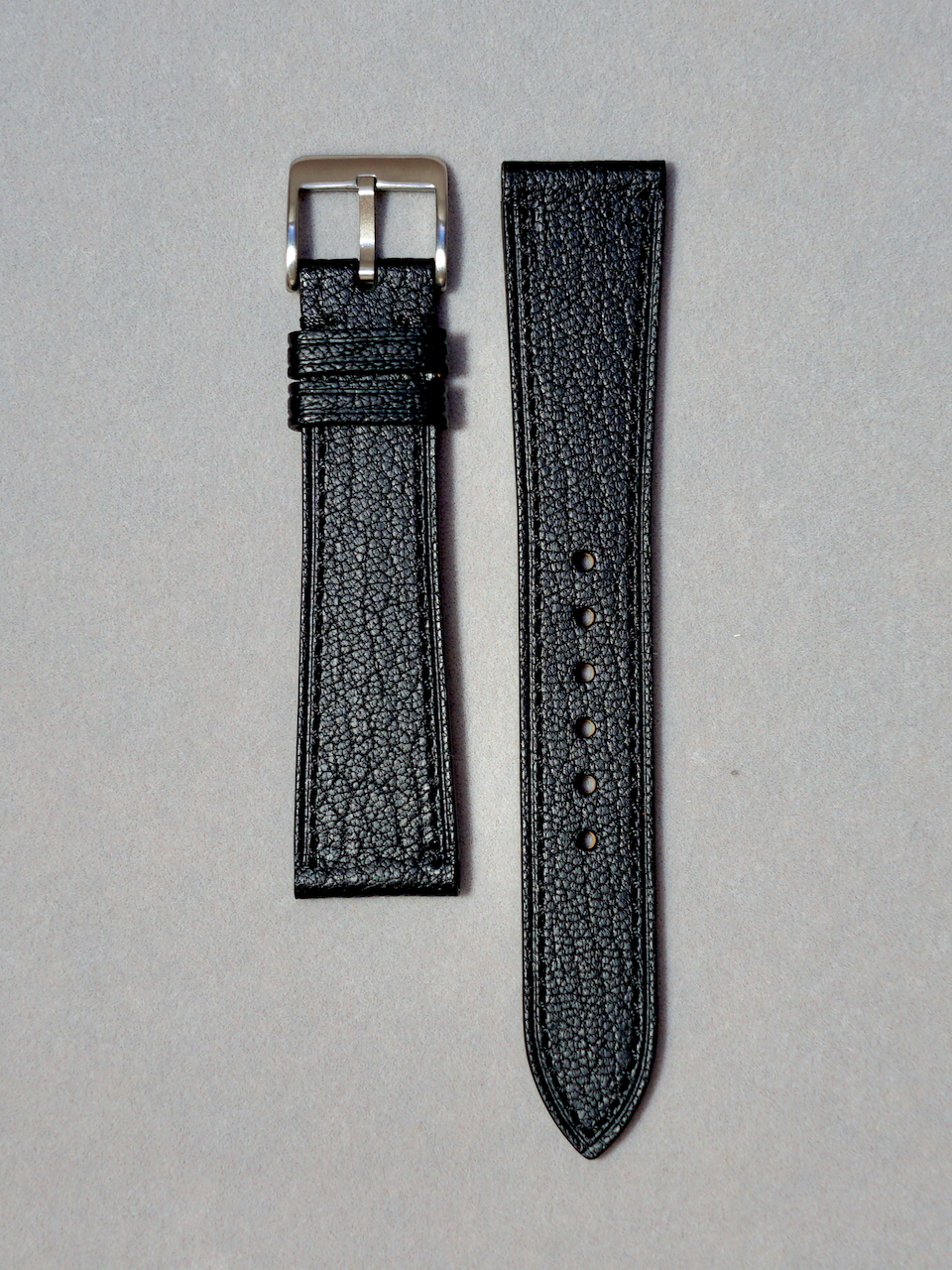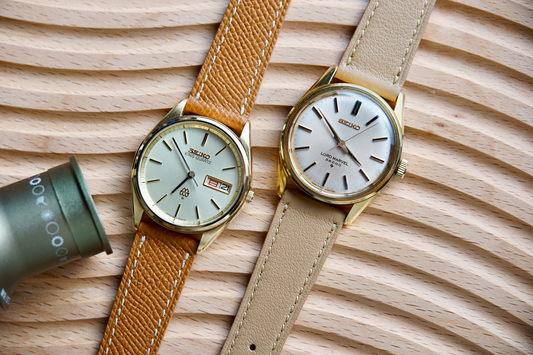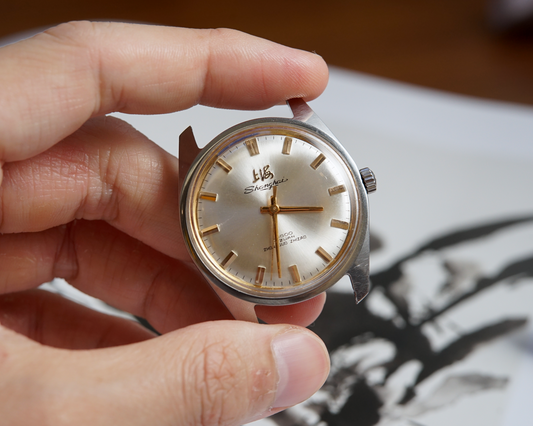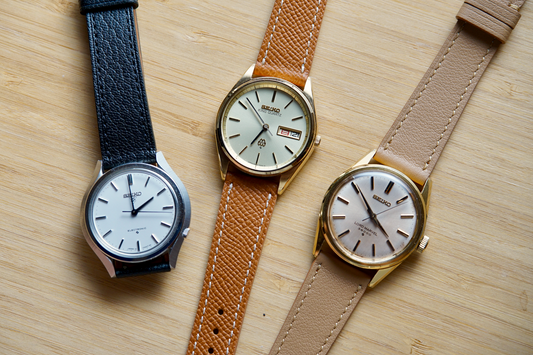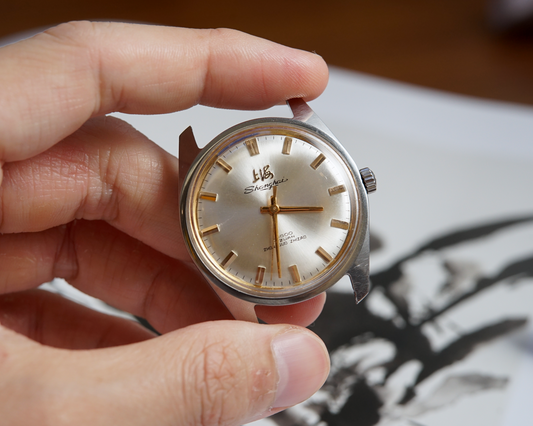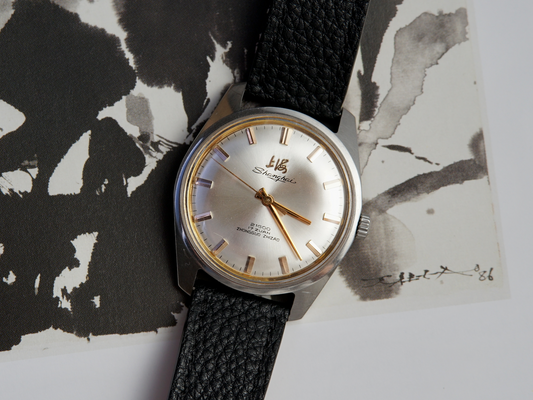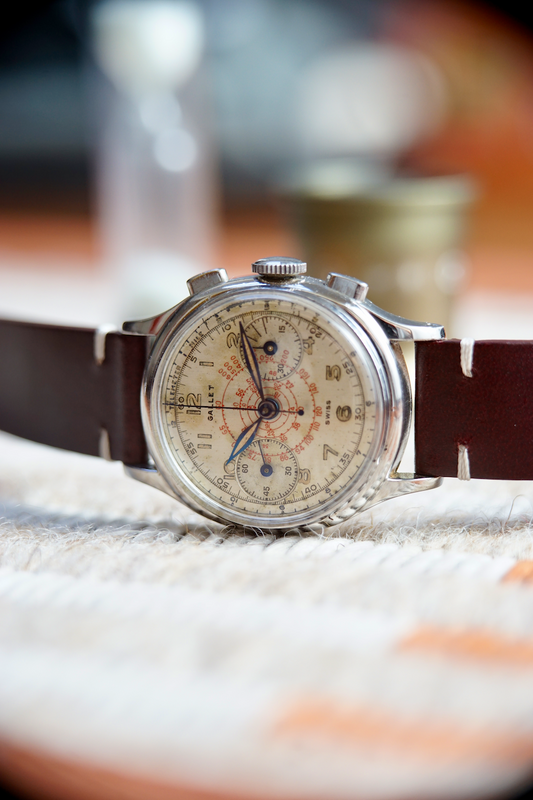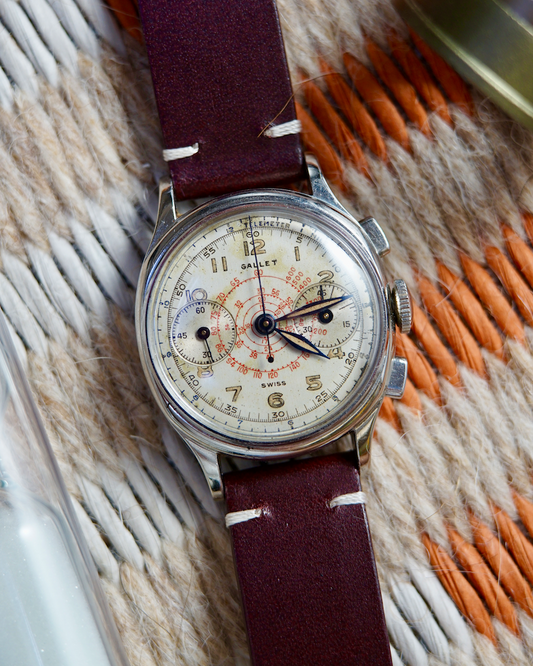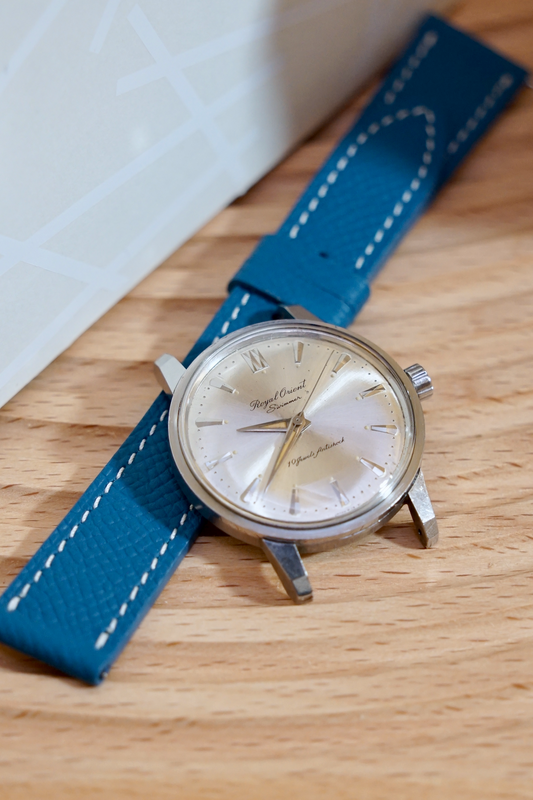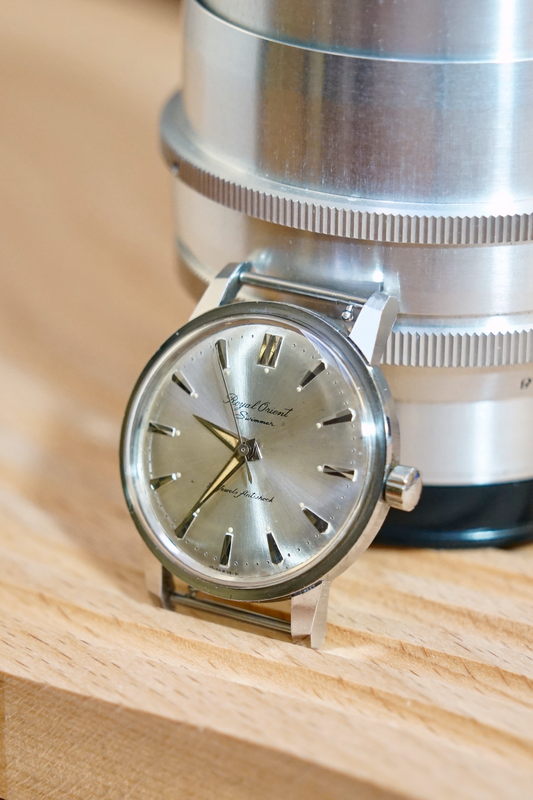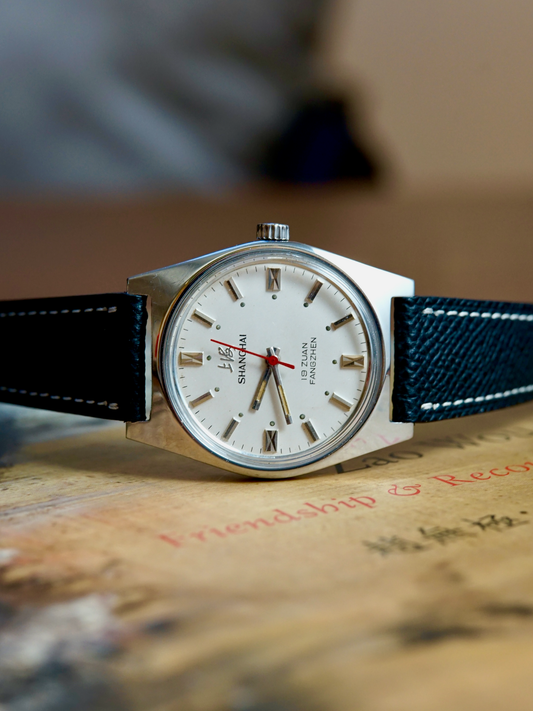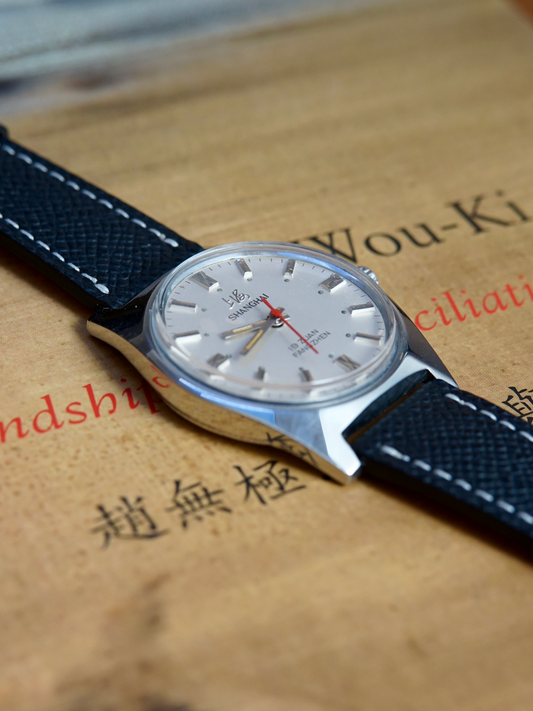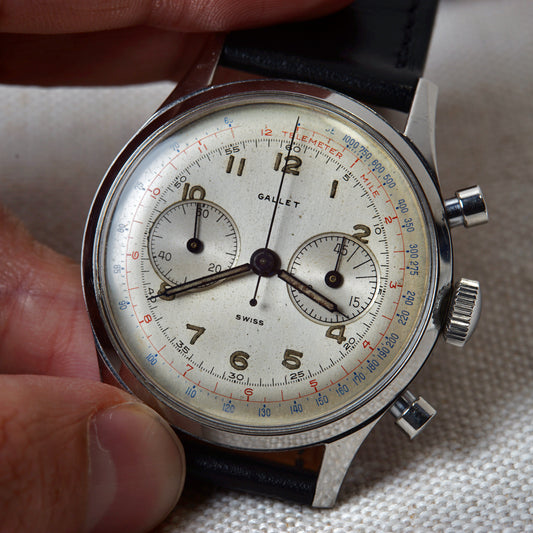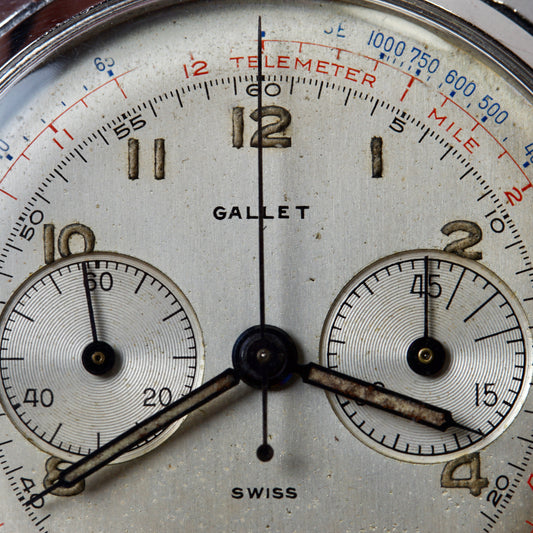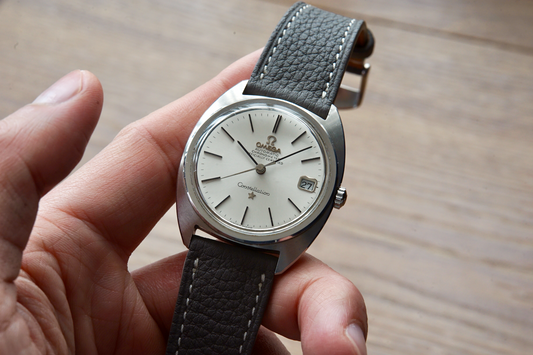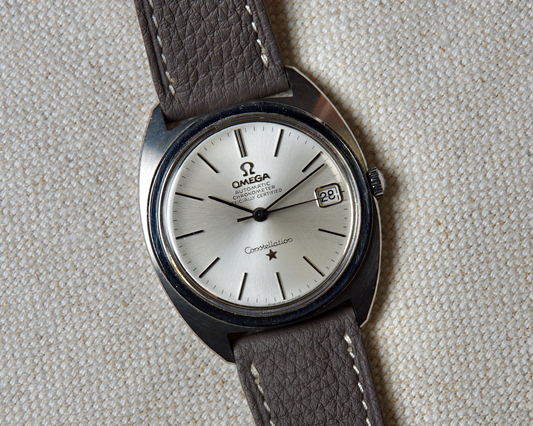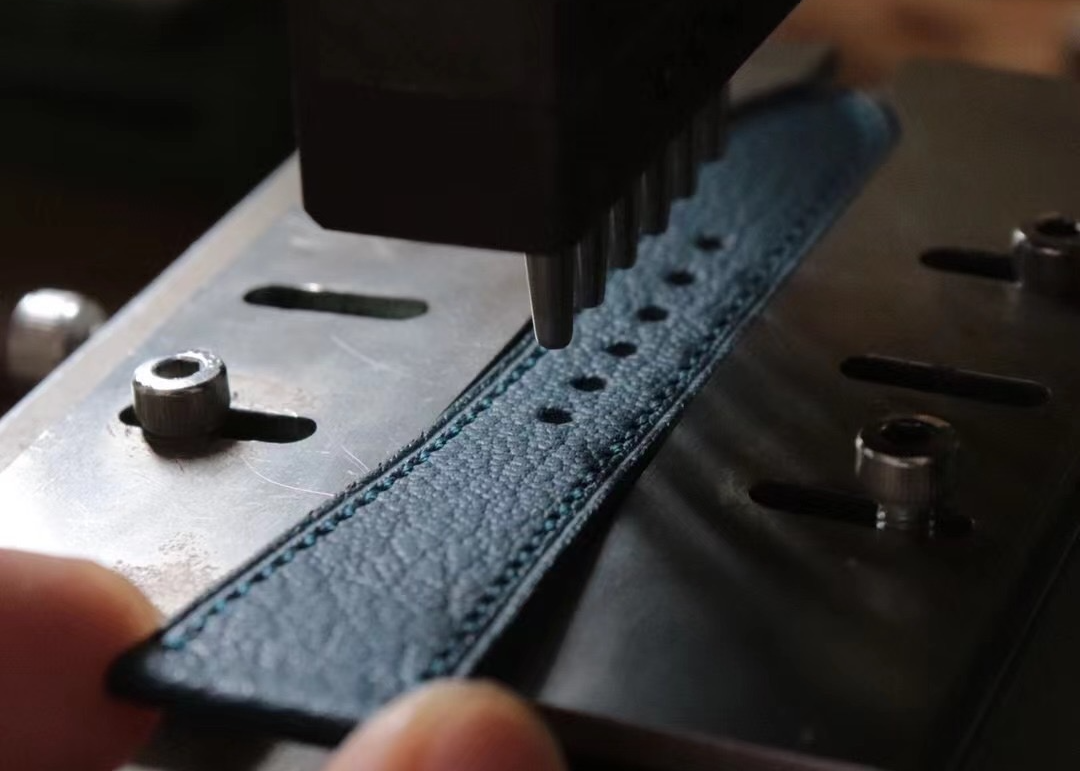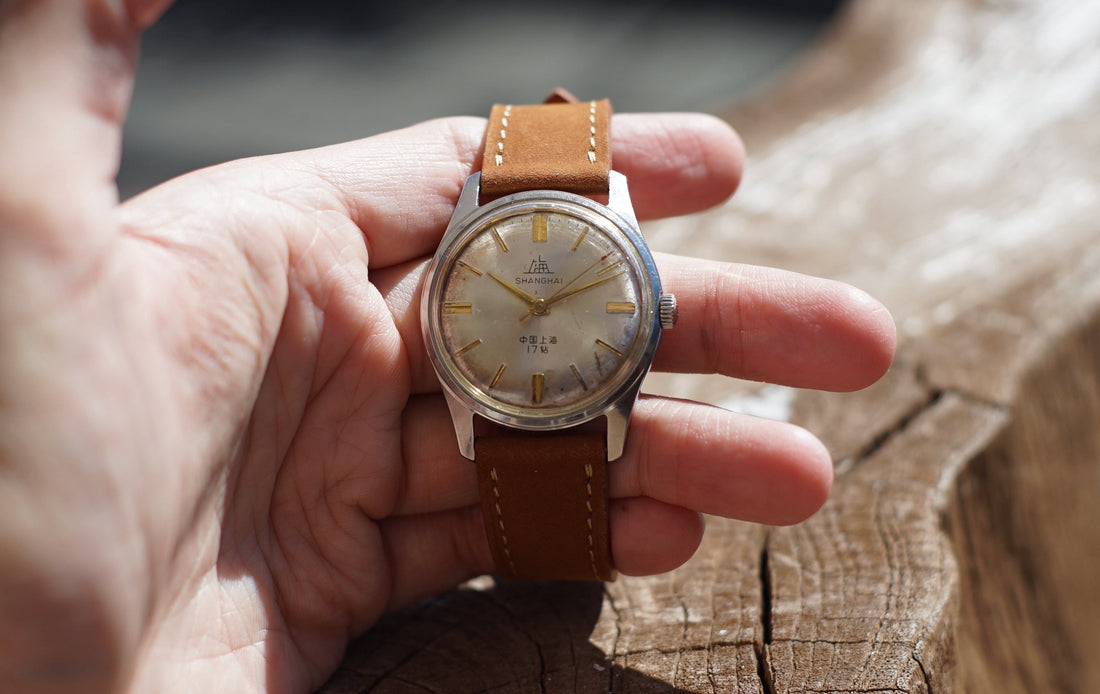
The Shanghai 1120: A Hidden Gem of Chinese Watchmaking
Share
A Personal Connection
In my collection of timepieces, the Shanghai 1120 holds a special place. This watch embodies the very essence of what Chinese manufacturing aspires to be: a perfect blend of quality, reliability, and accessibility. It's a testament to the idea that fine craftsmanship should be enjoyed by the masses, not just the elite.

Often, I find myself lost in admiration of the 1120's integrated lug design, the smooth, flowing lines create a tactile experience that's simply irresistible. This watch also connects me to Chinese watchmaking heritage.
The History and Technical Marvel of the 1120
The Shanghai 1120 movement made its debut in the first half of 1966, marking a significant milestone in China's watchmaking industry. This new caliber replaced the original 581 movement, becoming a core product of Shanghai's watch industry.
The development of the 1120 began in early 1964 when Shanghai Watch Factory initiated a comprehensive overhaul of their watch production. Their goal was to improve watch structures while ensuring maximum compatibility and a smooth transition. In 1965, a dedicated design team was formed to create a new movement that would eventually replace the A581.

After nearly a year of design and refinement, the first batch of 2,000 new movements was produced in early 1966. This marked the birth of China's first independently designed new caliber, officially named the SSIA type, which we now know as the 1120.
The 1120 movement spawned several variants, including the 1020, 1110, and 1010, each with slight differences in materials and shock resistance. The movement's composition was denoted by a complex series of numbers and letters, such as "1120 201 BL CA CD" or "1120 501 EB FD FF GG HL," indicating various specifications and features.
The Aesthetic Appeal
What I adore about this watch is its perfect balance of form and function. The 34mm case size might seem small by modern standards, but the integrated lugs give it a commanding wrist presence that belies its dimensions.

The dial is a study in understated elegance. Gold indices and hands contrast beautifully against the silver dial, imparting a touch of luxury. To complement this warm tone and make it suitable for everyday wear, I've paired it with a Nubuck Sienna Brown strap. This combination strikes the perfect balance between sophistication and casual charm.
A particularly noteworthy feature is the red tip on the second hand. This small detail not only adds a pop of color but also enhances readability, making it easier to track the seconds. It's a thoughtful touch that I believe modern watch companies should consider reviving.
On Case Design
While the dial is what first catches your eye, it’s the case that truly shapes your connection with a watch. A well-executed case design determines whether a timepiece feels like a natural extension of your wrist—or something you can’t wait to take off.
When I first held the Shanghai 1120, its case struck me with an organic, almost tactile quality—like a smooth river pebble, warm and reassuring in the hand. The thickness was perfectly balanced by the downward-sloping lugs, which hugged the wrist with a gentle, natural curve.
Turning the watch over revealed another thoughtful detail: the decagonal screw-down caseback. Its 10-sided design immediately called to mind the Patek Philippe Ref. 565’s legendary Borgel case—a system where the caseback alone featured flat facets for tool grip, ensuring a secure, water-resistant seal. It’s fascinating to see this functional elegance echoed in a Chinese timepiece.

Versatility in Strapping
One of the joys of owning the Shanghai 1120 (18mm lug width) is experimenting with different straps. While the Nubuck Sienna Brown is my go-to choice, I've also tried pairing it with an Alran Midnight Black strap.
The quick-release spring bars make swapping straps a breeze, allowing me to change the watch's character in seconds. This versatility ensures the 1120 can adapt to various settings and moods.
A Watch Deserving of the Spotlight
The Shanghai 1120 represents a time when China was asserting itself in the world of watchmaking, proving it could produce timepieces that rivaled their Swiss counterparts in quality and design.

Despite its historical significance and exceptional craftsmanship, the Shanghai 1120 often flies under the radar of many watch enthusiasts. This oversight is a shame, as the 1120 offers a unique blend of vintage charm, technical innovation, and cultural significance that's hard to find in other watches of its era.
For collectors and enthusiasts looking to diversify their collection beyond the usual Swiss and Japanese brands, the Shanghai 1120 offers a compelling alternative. It's a conversation starter, a piece of history you can wear on your wrist.
